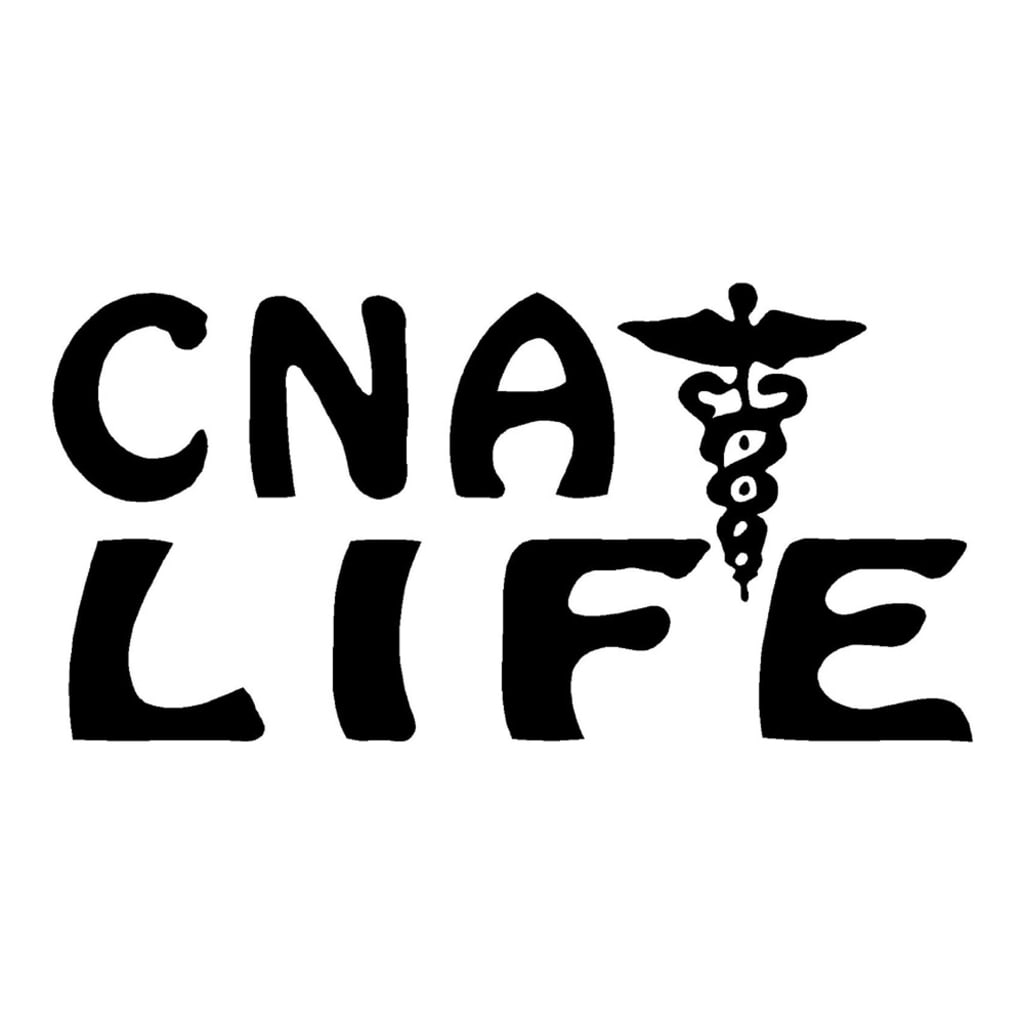The CNA Life
Shedding light on a culture that is known to be brutal

A certified nursing assistant or CNA as they're known. They are the eyes and ears of the medical field. They are also a culture within itself where you're not treated right, nor are you respected. Also many don't really see that the majority of CNAs are in fact African-American, Filipino, and Hispanic. Which shows that few whites work this kind of job, and if they do they're older. Nowadays it's not unusual to see a lot of young girls between 20-40 working this type of job.
If you're not hip to the CNA culture a lot of aides are only working this job because of the change in requirements for welfare assistance, as many are required to have stable employment to continue getting their SNAP (Supplemental Nutrition Assistance Program) benefits. Also many do it because it's a quick means to get a job in less than three months. It does not take a college degree just six to eight weeks of training, and a certification exam to be working right away. The CNA culture is also one that is exclusive rather than inclusive, since it's very cliquish.
CNAs aren't treated very well; it's not just doctors, nurses, but their own peers, and the job. The pay is a joke, because you're making in many cases between $8.75-10.00 an hour. The amount of taxes does not leave you enough to live on, and that's why so many aides are working multiple jobs just to make ends meet. Many CNAs that are in home health are worse off, because the job has them working very long hours, and they don't get PTO or vacation pay. You hear of some people getting vacation pay, but it seems some people get it, and some don't and you're left to work multiple holidays, and never get any time to spend with your family and spouse/partner.
Nobody sees the sacrifices that CNAs make and it's a thankless job. One may think it's rewarding, but there's no reward in chronic stress or constant work-related injuries. The mental exhaustion of dealing with patients and their family members complaining and nitpicking about stuff that CNAs really can't do anything about. The industry does not see any real value in CNAs except for them being what some call underpaid slaves. You will see a lot of people refer to CNA work as slave labor. In a lot of ways, they're right, because you're working very long hours with little to show for it. You're also dealing with a culture that has a hierarchy mentality—in other words, a pecking order. If you're not one who sucks up and kisses a** you're going to get pushed aside until you're terminated for not working after so many days and weeks. You're in a field where there's a never ending supply of CNAs. but don't let someone say the field is stable when in truth it's not, because of the fact that you've got shady aides who will do underhanded stuff to take your hours, and even get you removed from a case.
The harsh reality of being a CNA is pretty clear cut when you work at nursing homes, assisted living facilities, hospitals, and home health agencies; you have to fight for hours and shifts to maintain a steady schedule. There are some people who are OK with being a CNA, and you have the ones out there who feel they are worth more than being made to feel as if they're underpaid slaves. The CNA culture is a side of health care that nobody wants to see or experience.





Comments
There are no comments for this story
Be the first to respond and start the conversation.